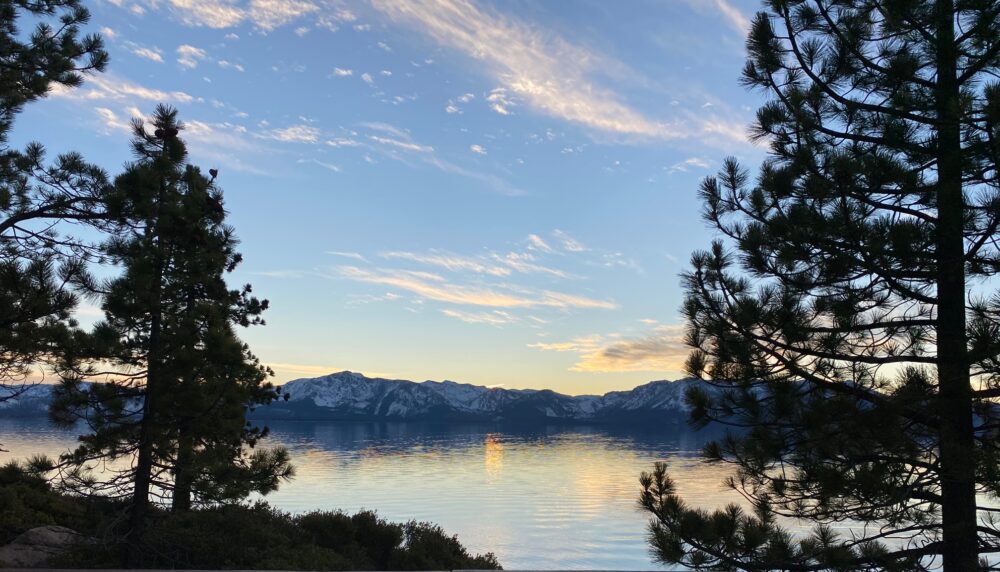I’m amazed at how God can use the most mundane of life activities to bring people together. The Apostle Paul left Athens and headed to the booming metropolis (and wide-open mission field,) of Corinth. Left with the question of how he would support his gospel spreading and church planting campaign, Paul fell back on the trade he knew, tent making. And it just so happened that two members of the local ‘tent-making guild’ were Aquila and Priscilla, a couple of refugees from Rome that had fled to Corinth at the order of Emperor Claudius because they were… Christians. And, just like that, Paul had a team.
Paul’s followed his pattern of testifying to the Jews that Jesus is the Christ, His promised Anointed One. Here at Corinth, the message was soundly rejected, complete with threats of violence against Paul by the Jews. With the non-Jewish Corinthian audience, however, the response is drastically different. They believed. In large numbers, people in a city famous for sexual immorality and wild living flocked to the gospel of grace and the message of justification by faith.
Even though the Jews continued to threaten Paul, he knew that unlike Philippi, Berea, and Thessalonica, he was to stick around Corinth for a while. The LORD Himself confirmed this, saying something to the effect of “Keep it up. You won’t be hurt. I’ve got lots of people here, and you’ve got lots to preach, teach, and train.”
I often think about how the Apostle Paul wrestled through the dichotomy of the two responses to the gospel at Corinth, where one group soundly rejected and strongly opposed the Good News, and the other joyfully embraced and applied it. I think that this contradiction was at the forefront of his mind as he wrote letters back to Corinth:
For the word of the cross is folly to those who are perishing, but to us who are being saved it is the power of God… Jews demand signs and Greeks seek wisdom, but we preach Christ crucified, a stumbling block to Jews and folly to Gentiles, but to those who are called, both Jews and Greeks, Christ the power of God and the wisdom of God. For the foolishness of God is wiser than men, and the weakness of God is stronger than men. 1Cor 1:18, 22-25 ESV
One way I like to think about this is that my role in sharing the gospel and investing in discipleship is “looking for the hungry bird.” What I mean is this: when the mama bird comes back to her nest after a morning of worm digging and bug grubbing, the baby bird that gets to eat is the hungry one, the one with the open beak! In the same way, I want to be looking for the “hungry birds,” those people that eagerly hear and respond to the Good News. This doesn’t mean ignoring others, but rather is a picture of looking for where God is actively at work, and then intentionally partnering with the work He’s already done in preparing the ‘soil’ of their hearts.
I pray that we would have eyes to see the hungry birds in our lives today.
